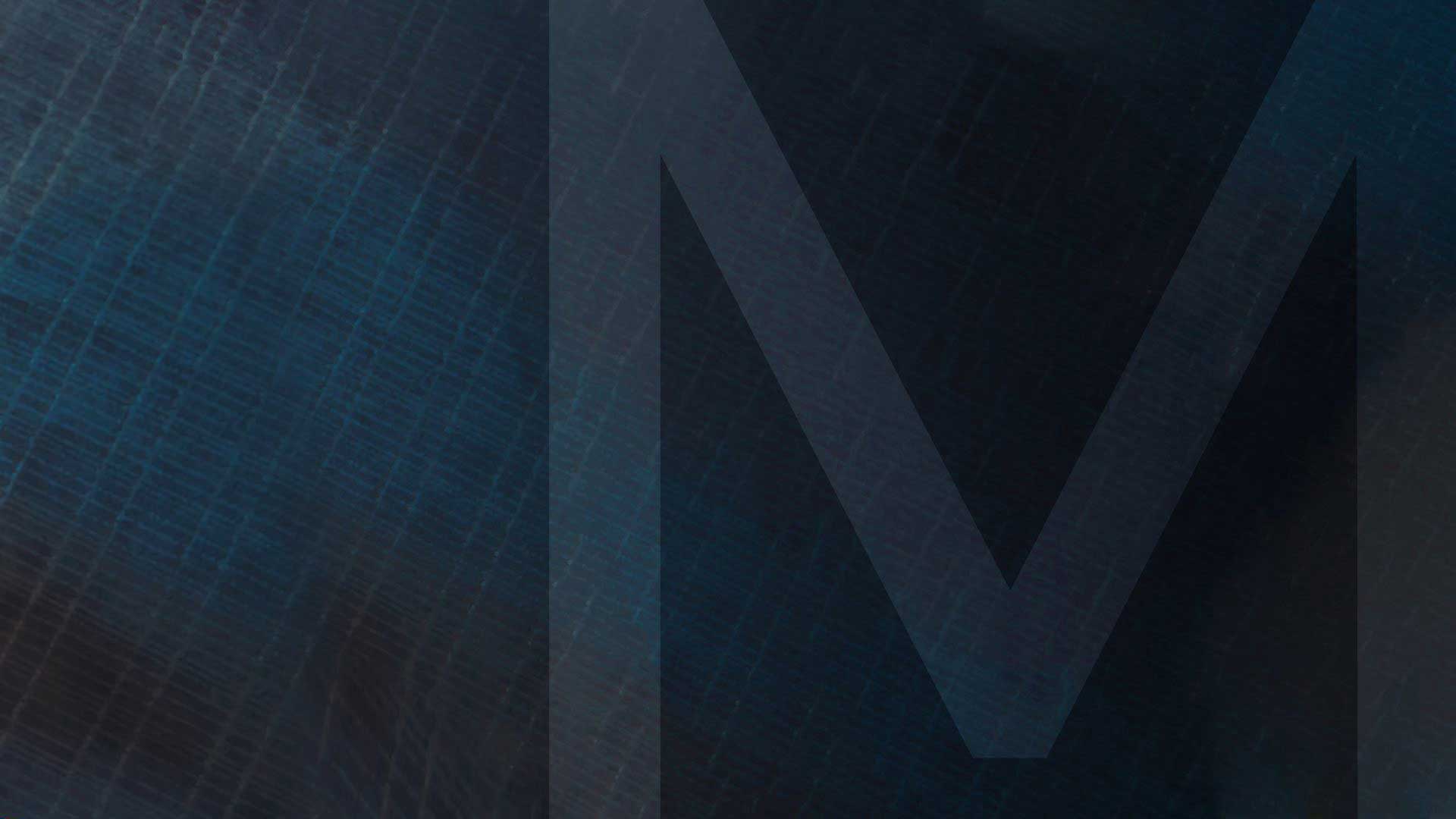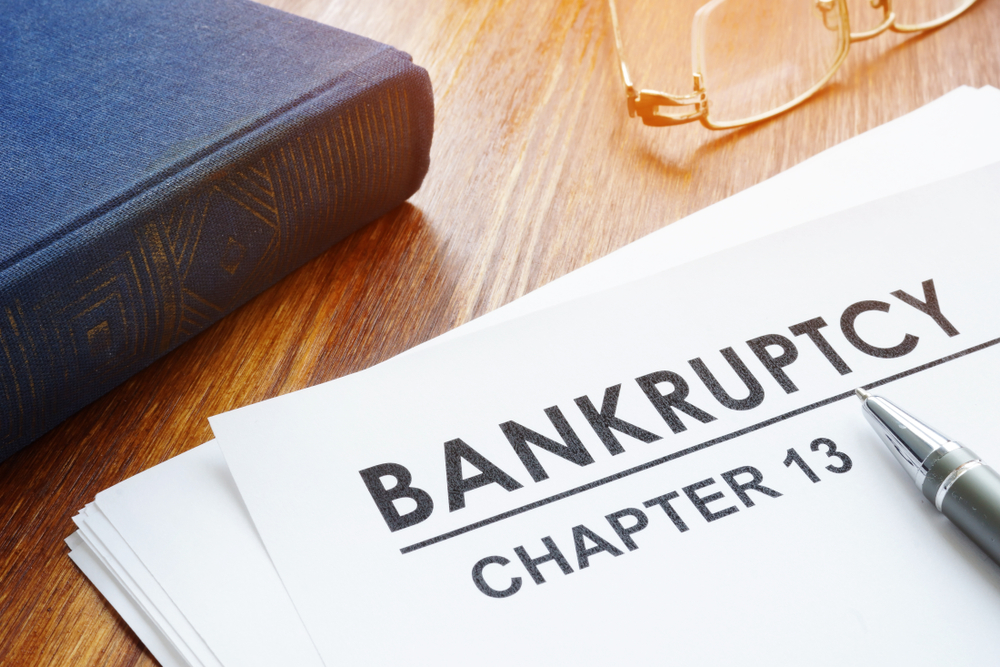When you’re struggling financially, there’s so much uncertainty. It can also be overwhelming to think about different bankruptcy options and figure out which route to take.
This is why it’s so important to get all the info about the bankruptcy chapter you’re considering. Keep reading to explore the most common questions you may have about Chapter 13 before contacting a lawyer in San Diego.
What are the most common questions about Chapter 13 bankruptcy?
If you want to make an informed decision about the Chapter that’s right for you and have the most benefits, you should get answers to all your questions. Here are some of the most frequent questions people have when thinking about filing for Chapter 13:
How does Chapter 13 bankruptcy work?
Chapter 13 allows you to devise a repayment plan for your debts that the Bankruptcy Court needs to approve. Your creditors may oppose the proposed plan, but it’s up to the judge to make the decision. Once approved, you pay the agreed-upon amount to the trustee each month. When you complete the last payment, you receive a discharge of the rest of your eligible debts.
How long does it last?
This Chapter usually lasts between three and five years. According to the law, it cannot lasts longer than five. The exact duration depends on your debt, specific situation, and income. Typically, if you make less than the median income, you may be able to complete the plan in three years. In case your income is higher, a five-year plan is more common.
What debt can be discharged through this bankruptcy chapter?
You’ll be able to eliminate a portion or all of the following types of debt:
- Credit card debt
- Utilities
- Certain fines and penalties
- Medical bills
- Second mortgage
- Nonpriority income tax obligations
- Remaining debts from a previous bankruptcy
- Certain lawsuit judgments
- Car loans
- Retirement account loans
- Personal loans
- Debts from malicious damage to property
- Some outstanding fees
Which debts are non-dischargeable?
There are certain types of debt that typically cannot be discharged. These include:
- Administrative claims
- Debts you didn’t list in your bankruptcy filing
- Alimony
- Support obligations
- Missed mortgage payments
- Child support
- Some tax debts
- Certain secured debts
- Debt based on theft or fraud
Who is the trustee?
The trustee is appointed by the Bankruptcy Court. They receive payments from you and distribute them to your creditors following the approved repayment plan. You need to cooperate with them throughout the bankruptcy process as they administer your case.
How are Chapter 7 and Chapter 13 different?
Most people choose Chapter 13 to reorganize their debts. It lets you catch up to your debt payments using your income and discharging most or all of the remaining unsecured debts you cannot pay.
On the other hand, Chapter 7 doesn’t entail a repayment plan. The goal is to protect your exempt assets and discharge most or all your qualifying types of debt. To be eligible, you need to pass the means test which includes your family size, income, and expenses.
It’s best to consult an experienced bankruptcy attorney to help you decide which Chapter is best for you.
Where can you find a reliable Chapter 13 bankruptcy lawyer in San Diego?
We at Bankruptcy Law Offices of Mark L. Miller have been helping people deal with their debts for years. Our skilled attorneys can answer your questions, break down the steps to filing for bankruptcy, and guide you through it from start to finish.
With our expert assistance, you’ll be on the way to financial freedom and be able to enjoy a worry-free time, for example relaxing at Balboa Park. Give us a call today and set up your free consultation!






